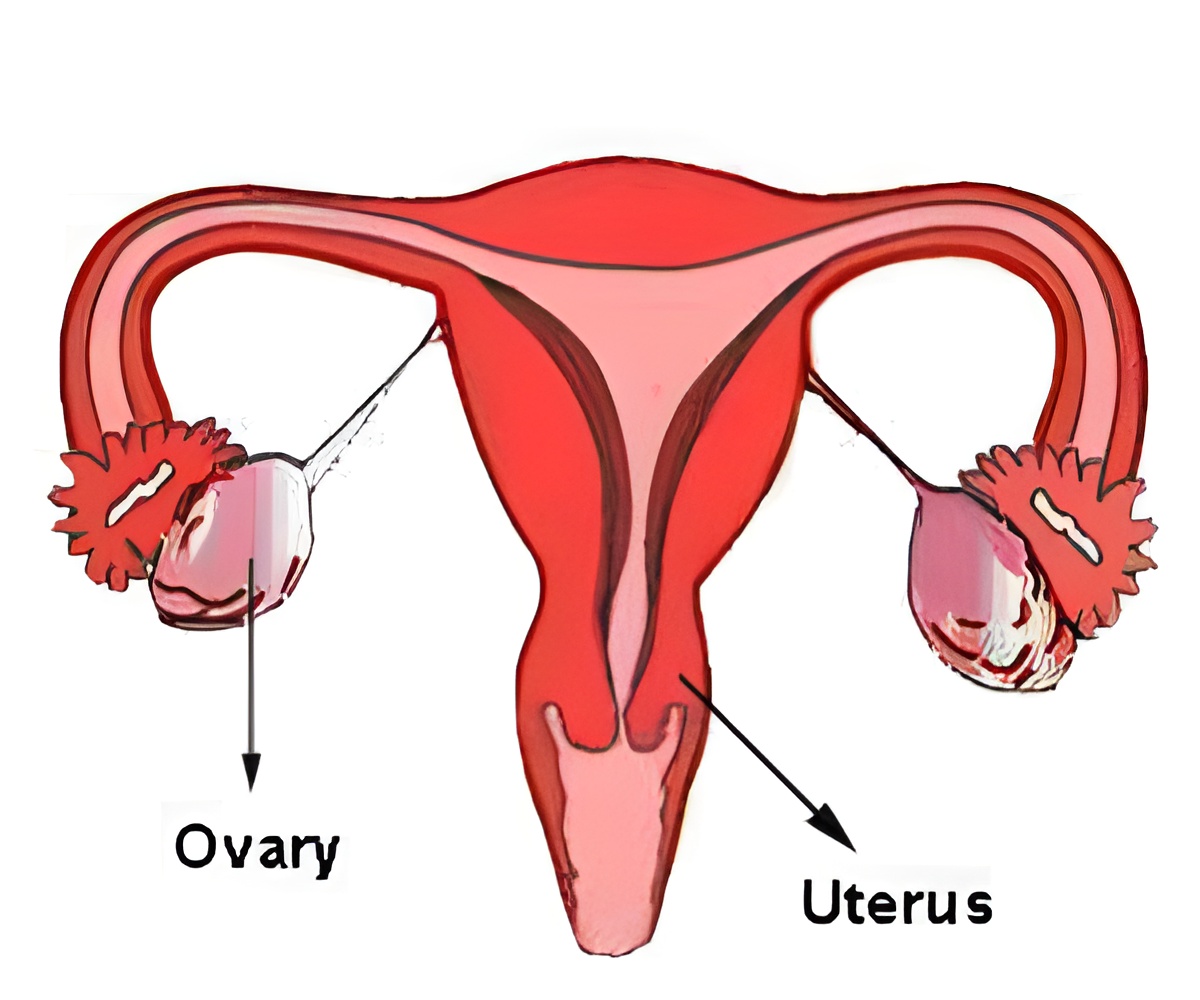Women with from polycystic ovary syndrome are more likely to suffer an adverse pregnancy outcome whether or not they have undergone fertility treatments.

Polycystic ovary syndrome is a common disorder that affects between 5% and 15% of women of reproductive age.
Women with the condition typically have small cysts around the edge of their ovaries. Symptoms include irregular periods, problems with ovulation, weight gain and excessive hair growth. Women with the condition are more likely to have fertility treatment.
Researchers from the Karolinska Institutet and Karolinska University Hospital in Stockholm, Sweden set out to study the risk of adverse pregnancy outcomes in women with the condition, taking into account maternal characteristics and fertility treatment.
They studied nationwide data on 3,787 births among women with polycystic ovary syndrome and 1,191,336 births among women without the condition.
They measured risk of adverse pregnancy outcomes, such as diabetes brought on by pregnancy, pre-eclampsia, premature birth, stillbirth, neonatal death, and poor health of newborns, taking into account maternal characteristics (body mass index and age), socioeconomic factors, and fertility treatment such as IVF.
Advertisement
There was a strong link between polycystic ovary syndrome and pre-eclampsia – women with the syndrome were 45% more likely to experience pre-eclampsia – and were also more than twice as likely to give birth prematurely and/or to develop diabetes while pregnant.
Overall, the researchers found that a diagnosis of polycystic ovary syndrome was associated with increased risks of adverse pregnancy outcomes that could not be attributed to the increased use of assisted reproductive technology or maternal characteristics such as advanced age or being overweight or obese.
The researchers conclude: "These women may need increased surveillance during pregnancy and childbirth. Future research would benefit from focusing on glucose control, medical treatment and hormonal status among women with polycystic ovary syndrome during pregnancy."
In an accompanying editorial, Professor Nick Macklon from the University of Southampton, says: "It is clear that women with polycystic ovary syndrome should be considered "high risk" obstetric patients and that midwives, general practitioners, and obstetricians should monitor these women as such."
However, he believes that "more evidence is required to support the use of currently used interventions designed to reduce perinatal risk, and this requires a greater understanding of the different polycystic ovary syndrome phenotypes and the underlying mechanisms by which this common condition alters pregnancy outcomes."
Source-Eurekalert















